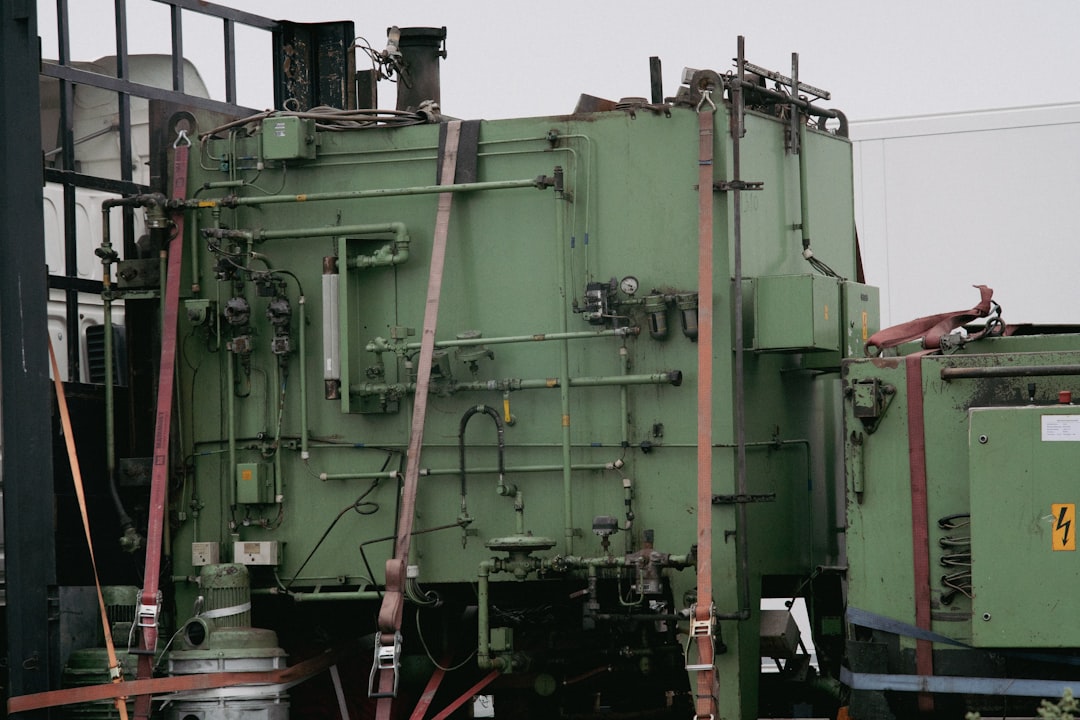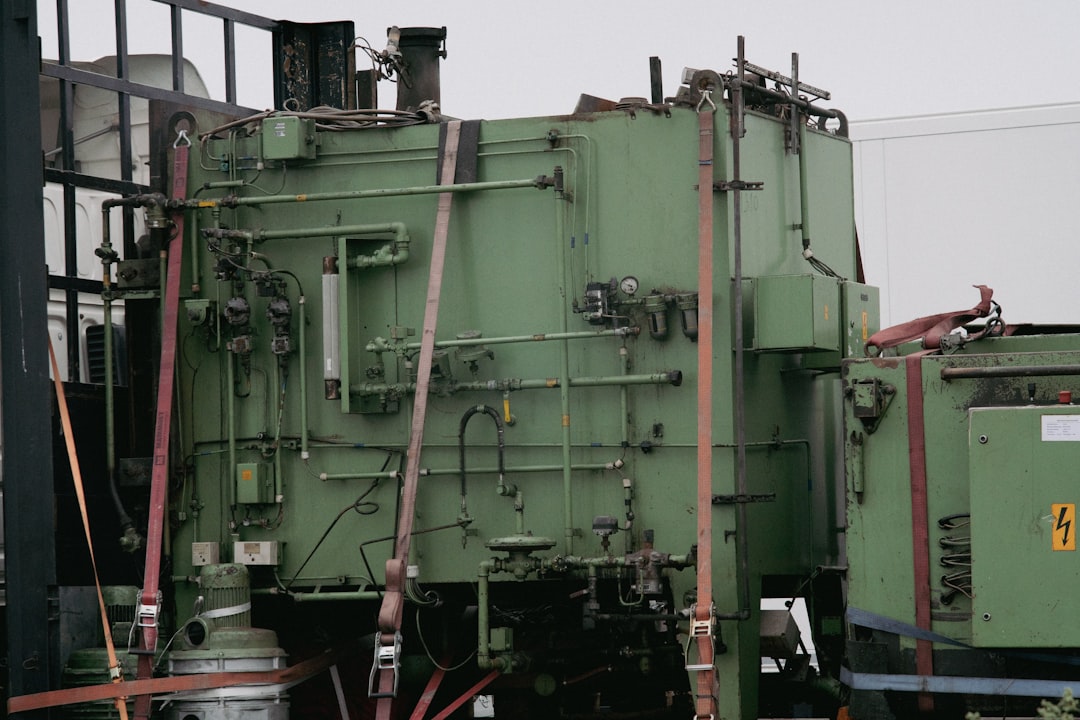Understanding Russian Employment Law Fundamentals
Russian labor legislation establishes strict worker protections. Specifically, the Labor Code of the Russian Federation governs all employment relationships. Furthermore, regional variations may apply across different federal subjects. Additionally, collective bargaining agreements often supplement legal requirements. Consequently, employers must understand these layered obligations.
Employment contracts must contain mandatory elements. These include job description, compensation details, and working conditions. Moreover, probationary periods cannot exceed three months. Meanwhile, termination procedures require strict adherence to statutory grounds. Therefore, legal consultation proves essential before drafting agreements.
- Mandatory contract elements per Article 57
- Probationary period limitations and extensions
- Termination procedures and notice requirements
- Work schedule regulations and overtime compensation
- Mandatory social insurance contributions
Foreign employers face additional compliance obligations. Specifically, work permit and visa requirements apply to non-resident staff. Furthermore, tax registration with Russian authorities becomes necessary. Additionally, currency control regulations affect salary payments abroad. Consequently, comprehensive planning prevents regulatory violations.
Machine Operator Contract Russia Strategic Overview
Machine operator positions require specialized contractual considerations. Specifically, technical skill requirements must be clearly defined. Furthermore, equipment-specific competencies should be documented thoroughly. Additionally, safety protocols and training obligations require explicit statement. Therefore, this machine operator contract Russia section addresses these unique aspects.
Compensation structures typically include base salary and incentives. Moreover, shift work premiums apply to round-the-clock operations. Meanwhile, hazardous working conditions may trigger additional payments. Consequently, total remuneration packages must reflect these factors.
- Technical competency requirements and verification
- Equipment-specific operation certifications
- Safety training protocols and frequency
- Performance metrics and evaluation criteria
- Shift pattern specifications and premium payments
Intellectual property protection deserves special attention. Specifically, process improvements developed by operators may belong to employers. Furthermore, confidentiality regarding manufacturing processes proves critical. Additionally, non-compete clauses require careful drafting under Russian law. Therefore, legal review ensures adequate protection of business interests.
Legal Framework and Compliance Standards
Russian employment law establishes minimum standards for all workers. Specifically, the International Labour Organization guidelines influence national legislation. Furthermore, constitutional provisions guarantee labor rights and social protection. Additionally, federal laws supplement the Labor Code’s basic provisions. Consequently, multi-layered compliance becomes necessary.
Workplace safety regulations govern machine operator environments. Specifically, occupational health standards mandate specific employer obligations. Moreover, regular equipment maintenance and safety inspections become mandatory. Meanwhile, personal protective equipment must be provided without cost to employees. Therefore, contract clauses should reference these requirements explicitly.
- Technical Regulations on Industrial Safety
- Occupational Safety and Health Federal Laws
- Social Insurance Fund contribution requirements
- Pension Fund registration and payment obligations
- Medical examination frequency and coverage
Compliance monitoring involves multiple government agencies. Specifically, the Labor Inspectorate conducts workplace audits and investigations. Furthermore, the Federal Service for Environmental, Technological and Nuclear Supervision oversees industrial safety. Additionally, the Social Insurance Fund verifies contribution compliance. Consequently, employers must maintain comprehensive documentation. For detailed guidance, consult our professional recruitment resources.
Machine Operator Contract Russia Best Practices
Successful machine operator contract Russia implementation requires strategic approaches. First, clearly define job responsibilities and performance expectations. Furthermore, specify equipment types and required certifications. Additionally, outline training provisions and skill development opportunities. Therefore, comprehensive job descriptions prevent future disputes.
Compensation packages should align with industry standards. Specifically, research regional salary benchmarks for manufacturing roles. Moreover, include legally mandated benefits and additional incentives. Meanwhile, consider performance-based bonuses tied to productivity metrics. Consequently, competitive packages attract and retain qualified operators.
- Detailed equipment operation specifications
- Certification requirements and renewal procedures
- Training schedules and skill upgrade programs
- Performance evaluation criteria and frequency
- Bonus structure calculation methodologies
Contract duration and renewal terms require careful consideration. Specifically, indefinite contracts provide workforce stability. Furthermore, fixed-term agreements suit project-based work. Additionally, probationary periods allow performance assessment. Therefore, select appropriate contract types based on business needs. For personalized assistance, schedule consultation appointment with our experts.
Documentation and Processing Steps
Contract preparation involves gathering multiple documents. First, collect the candidate’s identification and qualification certificates. Furthermore, obtain medical clearance for industrial work. Additionally, secure previous employment references where available. Therefore, thorough documentation ensures compliance and verifies credentials.
Registration procedures vary by location and employer status. Specifically, foreign companies may need additional registrations. Moreover, work permit applications require specific supporting documents. Meanwhile, tax registration ensures proper withholding and reporting. Consequently, allow sufficient time for complete processing.
- Passport copies and visa documentation
- Educational and professional qualification certificates
- Medical examination results and health certificates
- Previous employment records and references
- Tax identification numbers and registration documents
Ongoing documentation maintains compliance throughout employment. Specifically, maintain updated training records and certification renewals. Furthermore, document performance evaluations and disciplinary actions. Additionally, keep accurate time and attendance records. Therefore, proper documentation protects both employer and employee interests. The U.S. Department of Commerce trade resources offer additional international business guidance.
Machine Operator Contract Russia Implementation Timeline
Successful machine operator contract Russia deployment follows a structured timeline. First, preparation and documentation gathering typically requires 1-2 weeks. Furthermore, candidate screening and selection may take 2-3 weeks. Additionally, contract negotiation and finalization usually completes within 1 week. Therefore, realistic planning ensures smooth implementation.
Registration and compliance procedures add to the timeline. Specifically, work permit processing typically takes 2-4 weeks. Moreover, mandatory medical examinations require 3-5 business days. Meanwhile, internal onboarding and training may extend 1-2 weeks. Consequently, total deployment often spans 6-10 weeks.
- Week 1-2: Position definition and documentation preparation
- Week 3-5: Candidate sourcing, screening, and selection
- Week 6: Contract negotiation and finalization
- Week 7-10: Work permit processing and registration
- Week 11-12: Onboarding, training, and deployment
Several factors can influence implementation schedules. Specifically, candidate availability affects sourcing timelines. Furthermore, regulatory changes may impact processing durations. Additionally, seasonal variations create processing bottlenecks. Therefore, build flexibility into project planning. The UAE government employment regulations provide comparative insights for GCC employers.
Common Challenges and Solutions
Employers frequently encounter regulatory compliance challenges. Specifically, understanding frequent legal updates proves difficult. Furthermore, documentation requirements may change without notice. Additionally, interpretation differences between regions create confusion. Therefore, professional guidance minimizes compliance risks.
Cultural and language barriers affect workforce integration. Specifically, communication gaps impact safety and productivity. Moreover, management style adjustments may be necessary. Meanwhile, different work ethic expectations require alignment. Consequently, cross-cultural training benefits both employers and employees.
- Regulatory monitoring and adaptation strategies
- Documentation verification and update procedures
- Language training and translation support
- Cross-cultural management techniques
- Dispute resolution mechanisms and procedures
Retention challenges require proactive solutions. Specifically, competitive compensation packages attract quality candidates. Furthermore, career development opportunities improve retention. Additionally, workplace safety investments demonstrate commitment to employee wellbeing. Therefore, comprehensive HR strategies address turnover concerns. The World Health Organization workplace standards offer health and safety guidance.
Expert Recommendations for Success
Successful Russian workforce deployment requires strategic approaches. First, develop strong local partnerships with legal and HR experts. Furthermore, implement robust compliance monitoring systems. Additionally, invest in relationship building with regulatory authorities. Therefore, professional networks facilitate smoother operations.
Technology integration improves management efficiency. Specifically, digital documentation systems ensure record accessibility. Moreover, compliance tracking software alerts about regulatory changes. Meanwhile, communication platforms bridge geographical distances. Consequently, appropriate technology investments yield significant returns.
- Local partnership development strategies
- Compliance monitoring system implementation
- Digital documentation and record keeping
- Regular legal audit procedures
- Continuous improvement mechanisms
Long-term success requires ongoing attention to workforce development. Specifically, regular training updates maintain skill relevance. Furthermore, career progression pathways enhance retention. Additionally, competitive benchmarking ensures compensation remains attractive. Therefore, strategic human capital management delivers sustainable results. The World Bank labor market reports provide valuable economic context.
Frequently Asked Questions About Machine Operator Contract Russia
What is the timeline for machine operator contract Russia?
Timeline typically ranges 6-10 weeks depending on regulatory requirements. Furthermore, documentation preparation affects processing speed. Therefore, consult our specialists for accurate estimates.
What documentation is required for Russian employment process?
Required documents include employment contracts, visa applications, medical certificates, and educational credentials. Additionally, country-specific requirements vary. Moreover, attestation procedures apply.
What are typical costs for Russian operator recruitment?
Costs vary by position level, country, and volume. Furthermore, visa fees, medical screening, and documentation affect total investment. Therefore, request detailed quotations from recruitment partners.
How does Allianze HR ensure compliance?
We maintain Ministry-approved RA license status. Additionally, our team monitors Russian labor law changes. Moreover, we conduct thorough documentation verification at every stage.
Which regions in Russia does Allianze serve?
We provide recruitment services across major industrial regions including Moscow, St. Petersburg, Tatarstan, and Siberia. Furthermore, our network spans multiple federal districts.
What industries does Allianze specialize in?
Our expertise covers manufacturing, construction, oil and gas, mining, and technical services. Additionally, we handle both skilled and semi-skilled recruitment across sectors.
Partner with Allianze HR for Russian Workforce Success
Navigating Russian employment contracts requires specialized expertise. Furthermore, machine operator roles demand particular attention to technical details. Additionally, compliance with evolving regulations proves challenging. Therefore, professional guidance ensures successful workforce deployment. This comprehensive machine operator contract Russia guide provides essential foundations.
Allianze HR Consultancy offers complete Russian recruitment solutions. Specifically, we handle contract preparation and compliance verification. Moreover, our local expertise facilitates smoother implementation. Meanwhile, our talent network provides access to qualified candidates. Consequently, partnership minimizes risks and accelerates results.
Contact us today to discuss your Russian workforce requirements. Furthermore, our specialists will develop customized solutions for your organization. Additionally, we provide ongoing support throughout the employment lifecycle. Therefore, reach out to our team for professional assistance. Together, we can build successful operations in Russia’s dynamic industrial sector.




